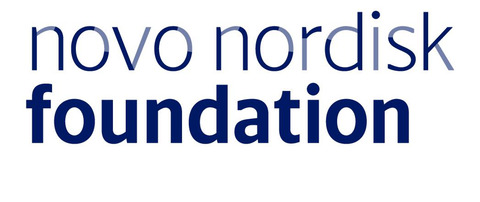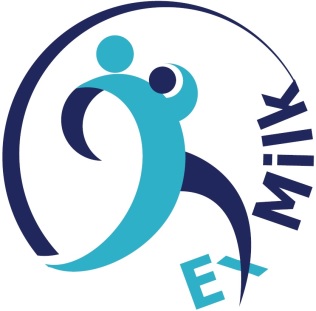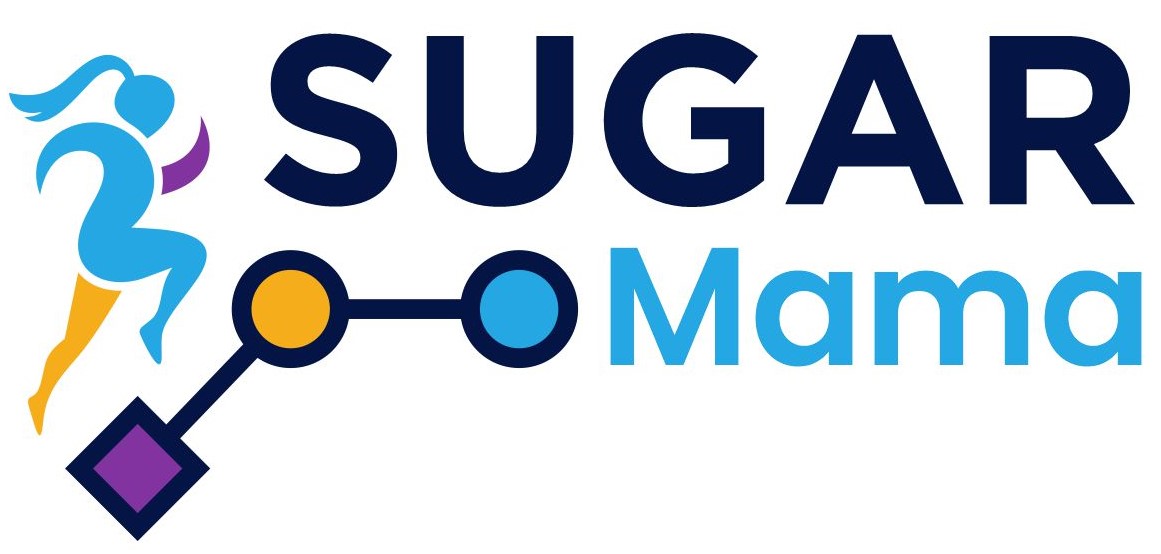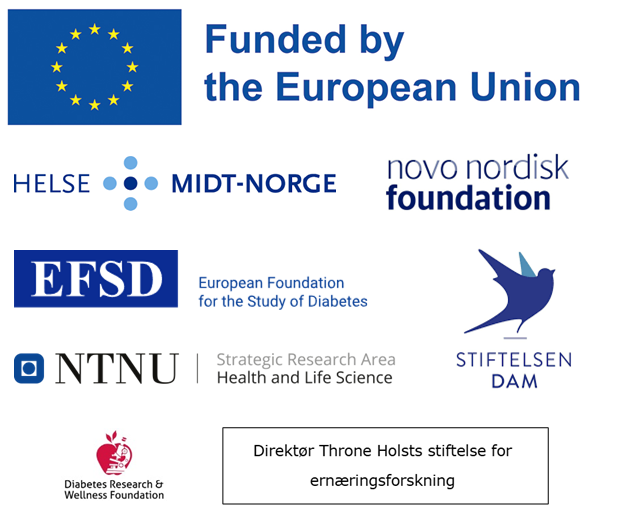EXCAR - Department of Circulation and Medical Imaging
Exercise, Cardiometabolic Health and Reproduction (EXCAR) Research Group

Read more about our projects
Before The Beginning (BTB)
Before The Beginning (BTB)

Randomised controlled trial of preconception lifestyle intervention on maternal and offspring health in people with increased risk of gestational diabetes.
The aim of this study is to investigate whether the combination of endurance training and time restricted eating before and during pregnancy can reduce the risk of high blood sugar levels during pregnancy. Time restricted eating implies that you reduce your daily time-window of energy intake to a maximum of 10 hours per day.
Participants were randomly allocated to either an intervention group (endurance training + time restricted eating) or a control group.
In the project, we measure the participants blood glucose (sugar) levels, insulin and lipids in the blood, urine sampling, body composition, physical fitness and blood pressure at the beginning of the project and again after eight weeks. During pregnancy, we measure the participants blood glucose levels, insulin and lipids in the blood, as well as blood sugar regulation, urine sampling, body composition and blood pressure, when they are 12 and 28 weeks pregnant. At birth, umbilical cord blood will be collected. In addition, we will obtain relevant information from the child's birth record from the hospital. Within 3 days after birth and 6 weeks after birth, we measure subcutaneous adipose tissue thickness in the new-born using infrared light. At the same time, we also measure the baby`s blood pressure and heart function.
The project is undertaken at Faculty of Medicine and Health Sciences, NTNU and is approved by The Regional Committee for Medical and Health Research Ethics. Collaborating partners include professor and senior consultant Kjell Å. Salvesen, investigator and senior consultant Siri Ann Nyrnes and Professor Ann-Charlotte Iversen.
Funded by:



ExMilk
ExMilk

Effects of exercise on breast milk composition and infant health (ExMilk)
Exercised breastmilk: A kick-start for childhood obesity prevention?
Childhood obesity is reaching alarming proportions in many countries and poses an urgent challenge to healthcare systems. Obesity affects a child's immediate health and quality of life, and children with obesity are also five times more likely to remain obese as adults compared with those without childhood obesity. Mothers' pre-pregnancy body mass index (BMI) is a strong risk factor for childhood obesity and accounts for more than 20% of childhood obesity cases, implying a strong mother-to-child transmission of obesity. Genetics partly accounts for the risk for obesity, but environmental factors during the time in the womb and early after birth also influence the risk of childhood obesity. In fact, the period from conception to 2 years of age, known as 'the first 1000 days', is the most critical period for development of disorders that lead up to obesity in childhood and later life. The premise in the ExMilk project is that breastmilk is nutritionally optimal for infants, including those who were born to women with overweight/obesity. However, based on recent evidence of differences in breastmilk composition between mothers with high and low BMI, our aim in the ExMilk project is to improve the breastmilk composition in women who are overweight or obese.
In this ambitious, inter-disciplinary project, we will determine how exercise during lactation influences breastmilk composition in women with overweight/obesity and whether exercise-induced changes in breastmilk will influence infant obesity risk. In ExMilk, we will determine both acute effects and adaptations after regular exercise on a complex matrix of breastmilk components. By linking breastmilk data to comprehensive data for the infants, we will investigate the potential mechanisms underlying the effects of maternal exercise on infant obesity risk, mediated by changes in breastmilk composition. To reach our goals, we will perform gold-standard randomised trials and analyse biological samples from mothers and infants on several analytical platforms. Our interdisciplinary expertise will enable us to break new ground in understanding how exercise during lactation modifies infant obesity risk.
Funded by:


HITFLOW
HITFLOW
Fetal well-being and blood flow distribution during high-intensity interval training (HITFLOW)
We have previously found that the fetal heart rate remains normal when the mother performs short (30-seconds) high-intensity exercise bouts. In this study, we investigate the fetus pulse and blood flow distribution during and immediately after a single high-intensity interval training session in pregnant women.
The aim of the study is to establish a time-efficient and safe way to exercise for pregnant women and to gain insight into some of the mechanisms of the beneficial effects of maternal exercise on fetal health and well-being.
In this project, women in their third trimester of pregnancy underwent one single interval session on a stationary bike at the Womens Clinic, St. Olavs Hospital. An experienced obstetrician performed ultrasound measurements of standard fetal biometric measurements and of blood flow to the different organs in the fetus before and immediately after the training session. The mother's heart rate, blood pressure, and body composition were also assessed.
We are currently analysing the data we have obtained in this study and hope to communicate the results soon.
The project is undertaken at Faculty of Medicine and Health Sciences, NTNU and is approved by The Regional Committee for Medical and Health Research Ethics.
Funded by:



FitMilk
FitMilk
Associations between aerobic fitness and breast milk composition (FitMilk)
There is evidence for associations between several maternal factors and breast milk composition, but little knowledge about how physical fitness can impact breast milk. The aim of this study is to investigate the association between aerobic fitness and breast milk composition.
Funded by:



Sugar Mama
Sugar Mama

Early prevention of childhood obesity via maternal exercise (Sugar Mama)
About seven times as many children and adolescents have obesity today compared with 50 years ago. The period in the mother’s womb and until a child is 2 years old (known as the first 1000 days of life) is the most critical period for disorders leading up to obesity in childhood and later in life. In the Sugar Mama project, we will determine the effects of exercise before, during, and after pregnancy on sugar molecules called human milk oligosaccharides (HMOs) in the blood and in breastmilk. These sugar molecules can explain some of the beneficial effects of breastfeeding on infant health, mediated by their impact on the infants’ gut bacteria. The gut bacteria and the metabolites they produce are emerging as important players in obesity.
Since there is scarce prior research on whether and how exercise impacts HMOs and whether such modifications affect infant obesity risk, the results of Sugar Mama will be highly novel. In this interdisciplinary project, we will use advanced methods (nuclear magnetic resonance and mass spectroscopy) to determine the concentrations of selected HMOs and other metabolites that are relevant for the health of both the mother and the child. The biological samples that we have obtained in the Before the Beginning project and in ExMilk will be analysed at NTNU’s core facilities at the Faculty of Medicine and Health Sciences and the Faculty of Natural Sciences.
Our overall hypothesis is that maternal exercise will induce beneficial changes in HMO concentrations in pregnancy and during lactation, impacting the infants’ obesity risk via modifications in gut bacteria and their metabolites. If our hypotheses are confirmed, our results will signal a paradigm shift in interdisciplinary research on nutritional programming to prevent further increases in the prevalence of childhood obesity.
Funded by:

PRO-FIT
PRO-FIT

Obesity management with smarter lifestyle interventions (PRO-FIT)
Obesity is a chronic condition that affects more than one million adults in Norway and increases the risk of type 2 diabetes, heart disease, cancer, and mental health challenges. While medical and surgical treatments can be effective, they are also costly and invasive. Lifestyle changes remain the cornerstone of treatment, but maintaining weight loss over time is difficult.
Resistance training has emerged as a promising tool because it helps preserve muscle mass during weight loss and may play a key role in preventing weight regain. Yet, we still know little about how combining resistance training with dietary approaches—especially high-protein diets—affects long-term weight loss, health, and appetite control. We also lack insights into how exercise influences eating behaviors, such as cravings and reward-driven appetite.
What We Aim to Do
This project will explore how resistance training combined with a high-protein, calorie-restricted diet can support long-term weight management in people with obesity. Our main goal is to find out whether this approach leads to sustainable fat loss. We will also look at how it affects muscle mass, metabolism, appetite regulation, and quality of life.
Why This Matters
By integrating exercise and nutrition in a new way, this study seeks to develop safe, non-invasive strategies for managing obesity. Beyond weight changes, we want to understand the biological and psychological mechanisms that influence long-term success.
How We Will Do It
We will follow participants closely, measuring body composition, metabolic health, appetite regulation, and psychological wellbeing. We will then compare the outcomes of this combined approach with standard dietary interventions.
Through this work, we hope to provide new insights that can lead to effective, accessible, and sustainable solutions for obesity management—helping more people achieve long-term health.

